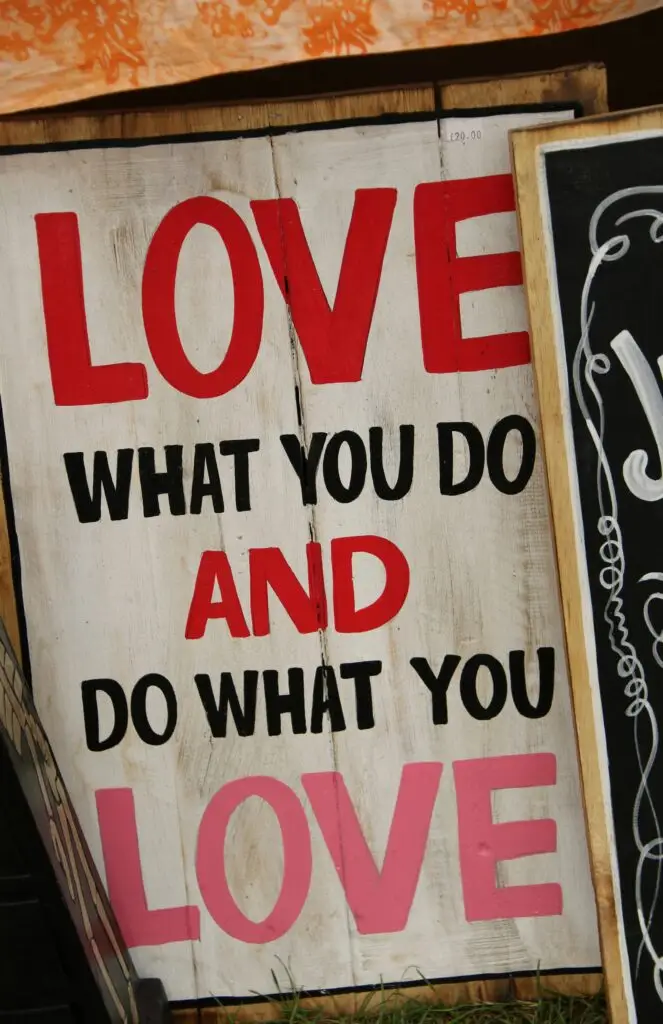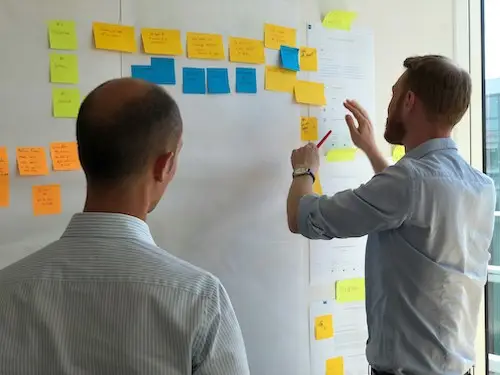I absolutely love my work. I have spent the last few years pouring all my spare time into doing work, thinking about work and talking about work. While many people applauded my “work ethic” I have since learnt that all work and no play leads to a pretty crummy life and a tired soul that has no energy to put into work anymore.

The old adage “I’ll sleep when I’m dead” forgets to remind you that pushing the limits on your personal resources today may mean you have nothing to give in the future.
Energy is finite and so is time. It’s how we use these resources that will dictate how successful we are in life. I personally no longer believe it’s about packing as much as possible into the time you have. Instead, I believe that there should be a rhythm in life that both energizes you and allows you to spend that energy.
It was through these learnings that I started to appreciate the times of life when my phone didn’t ring, when WhatsApp didn’t ping and when my email was far away. I found that distance from work and the barrage of communication made me a better problem solver when I was at work. I found that I handled the pressure better with simple routines that put my health first and created space away from work. In general I found that to be the best leader, strategist and entrepreneur I could be, meant that I need to break away from the action to rest, think and enjoy life beyond work.
I spent about a year trying to establish a new set of boundaries and in the process I saw we had a seemingly innocent process at work that was forcing its way, uninvited into our teams relaxation time. WhatsApp work groups were interrupting people’s time-off, their holidays, their family moments and their sleep. People who worked at night would message groups updates, while those at home were interrupted by work yet again. The early birds would message updates early in the morning, allowing people to wake up to a stream of work messages, raising stress levels first thing in the morning.
“If I was working so hard to remove unnecessary work communication in my life, then I should be looking to provide the same lifestyle to my employees.”
Mike Saunders
So I set about researching internal communications tools and settled on Slack as our new internal comms tool. The main reason I chose this one was because it has a “Do Not Disturb” feature that allows people to tag, message and converse with others at any time during the day or night, but the employee you’re communicating with is able to tell Slack to stop notifying them during their “off time.” Such a simple tool but a powerful one for our business to put our employees personal time first.
The day we launched Slack into our digital agency we banned WhatsApp groups. Everyone jumped on WhatsApp and left the myriads of groups that they were a part of and we setup new Slack channels for those communications. Since then, I have been able to message people after hours without guilt, knowing that they will get the message when they are “back at work.” Every employee on our team is able to do the same.
Our hope is a simple one, that this small change in our internal communications would allow our team uninterrupted time to rest, relax and recharge before coming back to work. Despite the incredibly flexible hours our team chooses to work sometimes.
I believe all organisations should be more proactive in finding better ways to protect their employees from unsolicited and unnecessary communications during their down-time. Like how France implemented the right to disconnect law, we should all do what we can to create a better work-life balance.
The best organisations will encourage their employees to break away from work and not allow communication tools to be used that disrupt that time.






